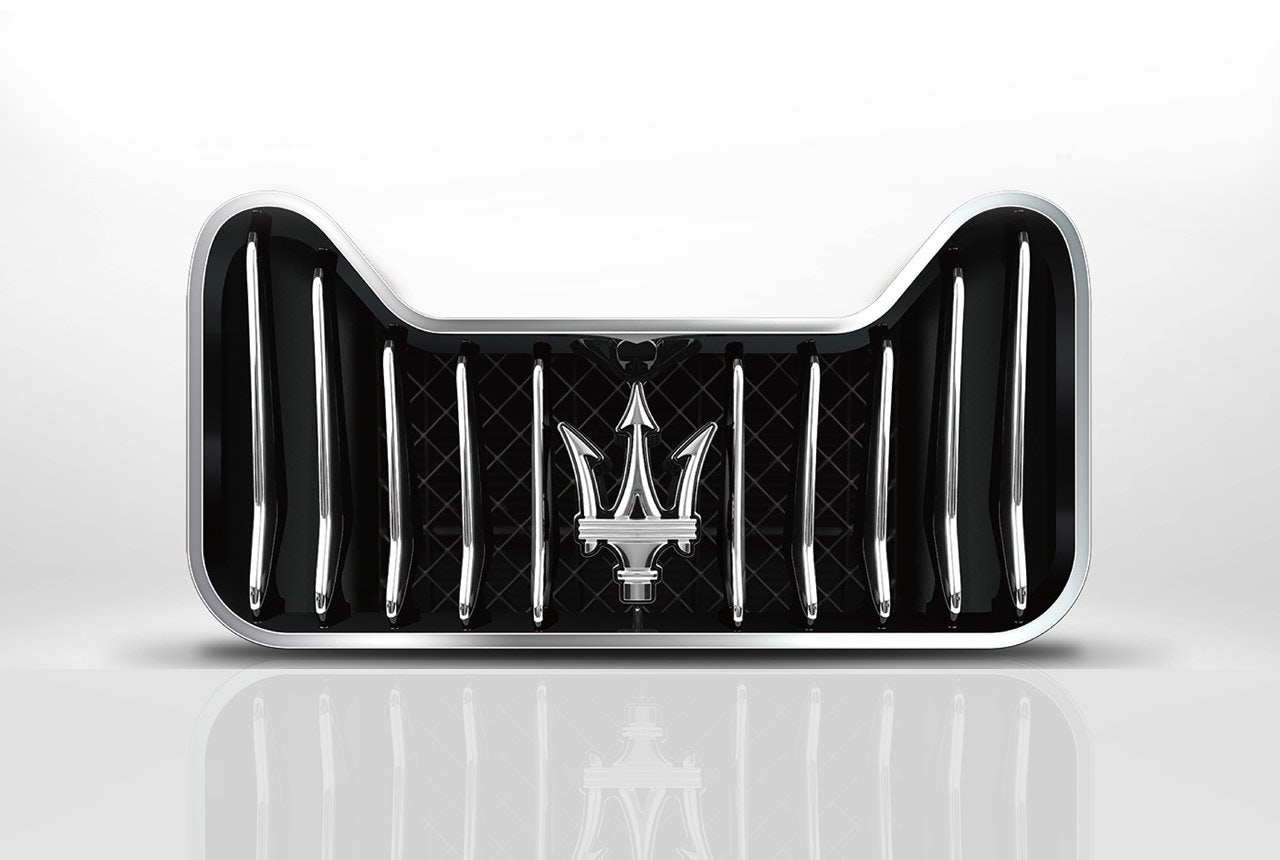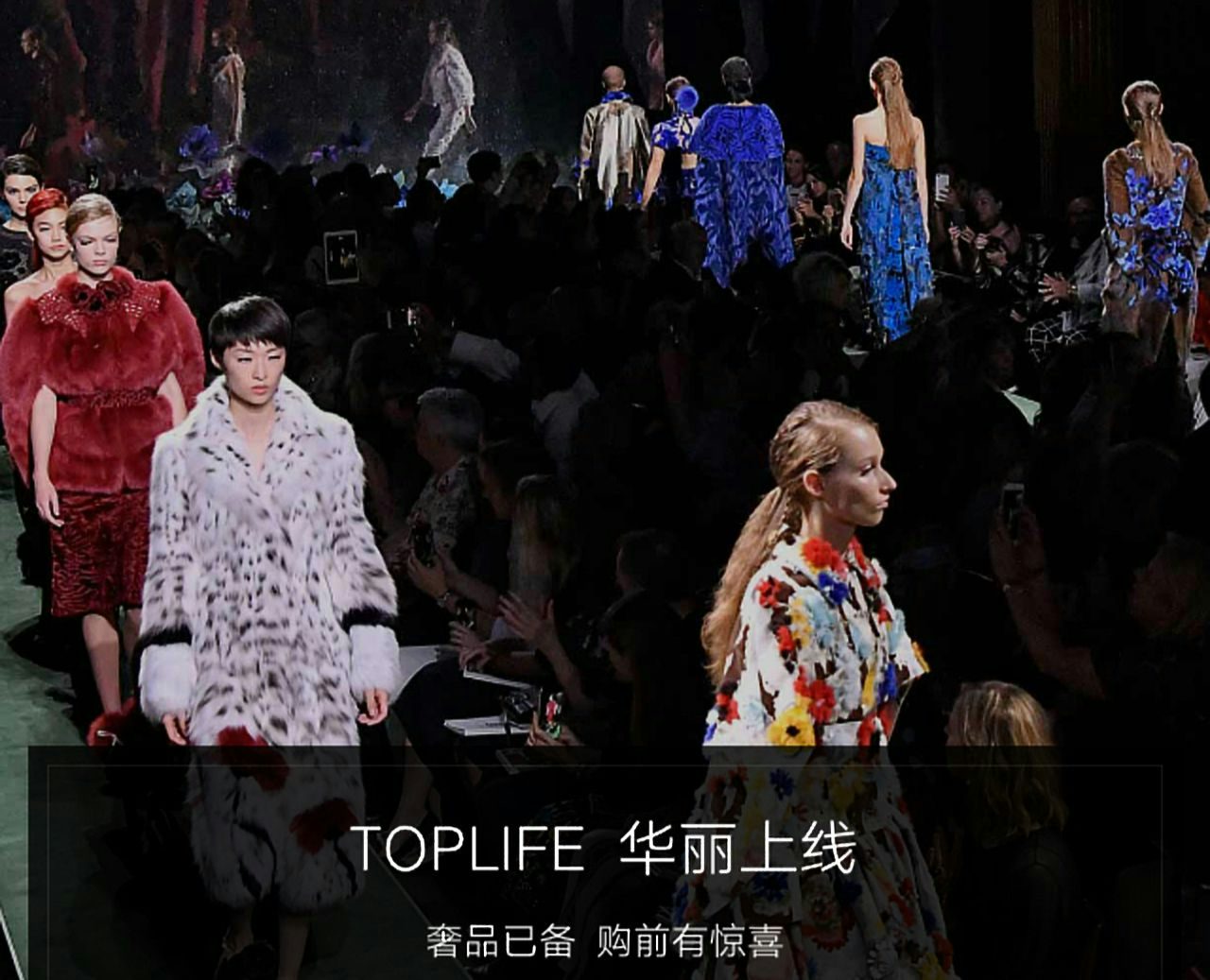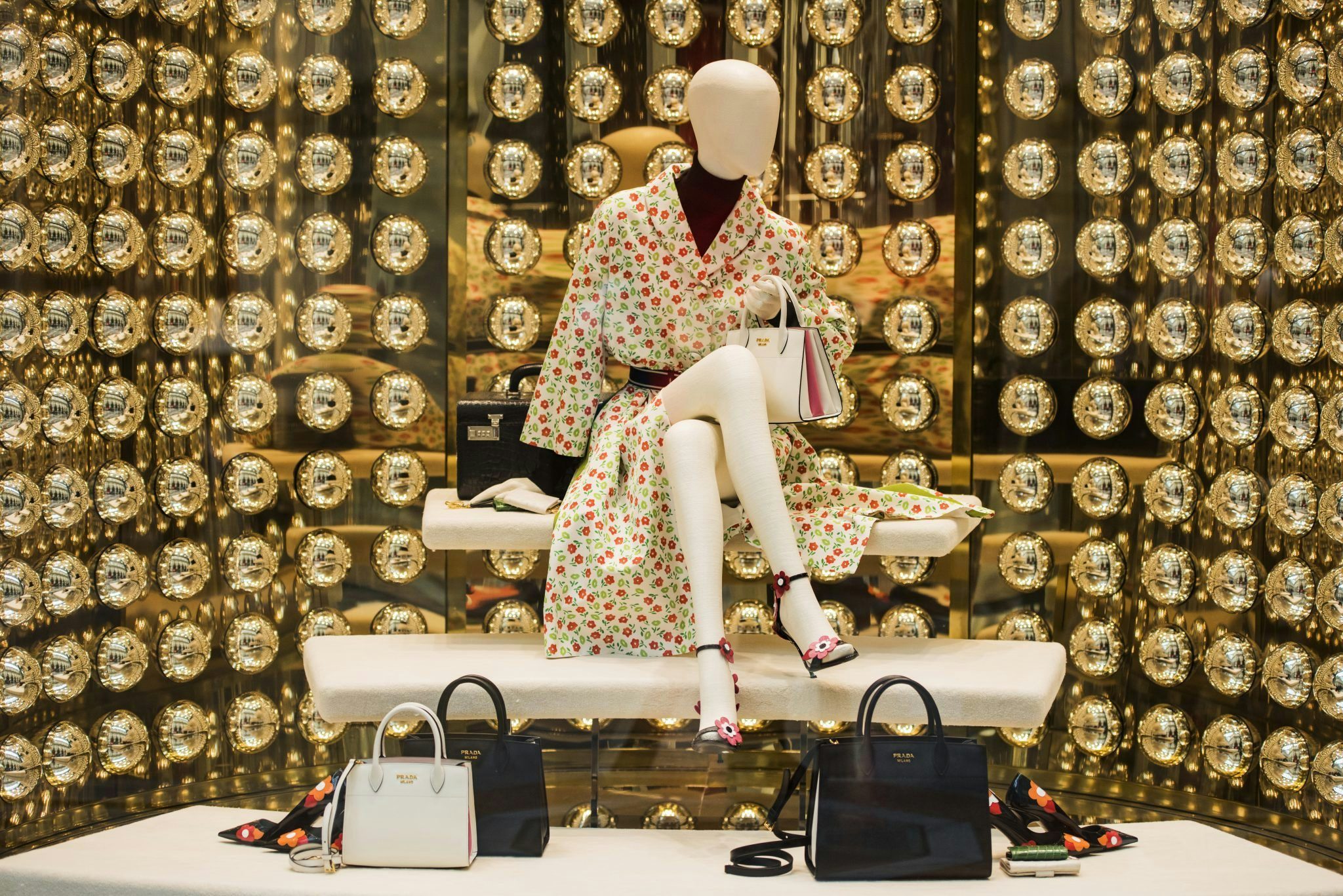Tmall’s Luxury Pavilion has announced the launch of a loyalty program that will allow brands to create personalized online-to-offline experiences for their top customers. All shoppers on the invite-only Luxury Pavilion will automatically become members of this new loyalty club, though there are two tiers of membership: regular and premier.
Adding a Premium Touch#
Introduced last August, Luxury Pavilion is a section within Tmall for premium and luxury brands. Over the past nine months, nearly 50 luxury brands from a variety of industries, including Burberry, Givenchy, Hugo Boss, La Mer, Maserati, LVMH-owned Guerlain, and Zenith, have joined. According to Tmall’s latest figures, more than 100,000 shoppers on Luxury Pavilion are spending at a rate of over 1 million RMB (159,000) a year.
Yet, while many brands have jumped on board, the online demand for luxury goods has been a hotly debated topic in recent times, with many brands worried that online platforms lack the luxury customer experience and exclusivity needed to satisfy buyers.
Alibaba has attempted to rectify the exclusivity problem by making the Luxury Pavilion invite-only, and now, with the introduction of the Loyalty Club, they are going a step further, offering unique online and offline experiences available only to club members.
How Will Consumers Benefit?#
According to the announcement from Alibaba, loyalty club members will have access to exclusive offers, celebrity events, flexible payment options, priority purchases, and door-to-door returns. In addition to the benefits available to all Club members, premier users will receive additional exclusive offerings and offline services.
Alibaba failed to describe how members can qualify for the premier level, although it’s safe to assume that it will be based a demonstrated level of purchasing power, similar to the way that customers initially qualify to join the Luxury Pavilion.
It will be interesting to see how much these perks resonate with consumers. Past efforts by e-commerce sites to provide premium offline services have had less than stellar results. Most notably, the highly-publicized white glove delivery service from JD.com’s luxury platform Toplife has been met with mixed reviews. While customers agree that the high-end delivery service is very satisfying, they admit that they are more concerned about the authenticity of the product than the method of delivery.
Better Service or Guaranteed Quality and Authenticity?#
While the chance to be a part of the Loyalty Club may be a draw for some consumers, is it enough to make them choose Tmall over JD.com’s Toplife and other luxury e-commerce competitors?
Admittedly, since the launch of Luxury Pavilion, Alibaba has stressed the need to connect the online-to-offline (O2O) experience for luxury shoppers in China, saying that the Luxury Pavilion ultimately aims to test out the New Retail business model, which utilizes new technology to create more customized and interactive shopping experiences for consumers.
But is this really what Chinese luxury consumers are most concerned about? An August 2017 McKinsey report found that quality and authenticity are the top two factors when wealthy Chinese consumers select where to make their purchase. In this case, it seems like Alibaba should be making a more concentrated effort to address the issue of rampant counterfeiting, as opposed to rolling out new initiatives that include “spa sessions at the Four Seasons in Shanghai courtesy of Guerlain or a personal shopping concierge.”
Now would be the perfect time, as last month Alibaba’s main competitor in the luxury e-commerce space, JD.com, was caught up in its own counterfeiting scandal.
In an effort to keep up with Alibaba, JD.com has quickly expanded into the luxury sector, partnering with British luxury e-tailer Farfetch and launching its own luxury-dedicated sales channel Toplife. A big draw for them in attracting luxury brands, and wealthy consumers, has been their stated respect for intellectual property rights. Although Toplife is open to all shoppers and not exclusive like Tmall’s Luxury pavilion is, many HNWI still chose to buy luxury goods from JD.com based on its trustworthy reputation. However, the recent scandal has left many questioning if JD is as reliable as they originally thought.
The exclusive perks and increased online-to-offline integration provided by the Luxury Pavilion Loyalty Club will undoubtedly be attractive to the Pavilion’s growing millennial customer base, but will these efforts be enough to generate that desired loyalty, or will Chinese consumers still go to more reliable sources?




